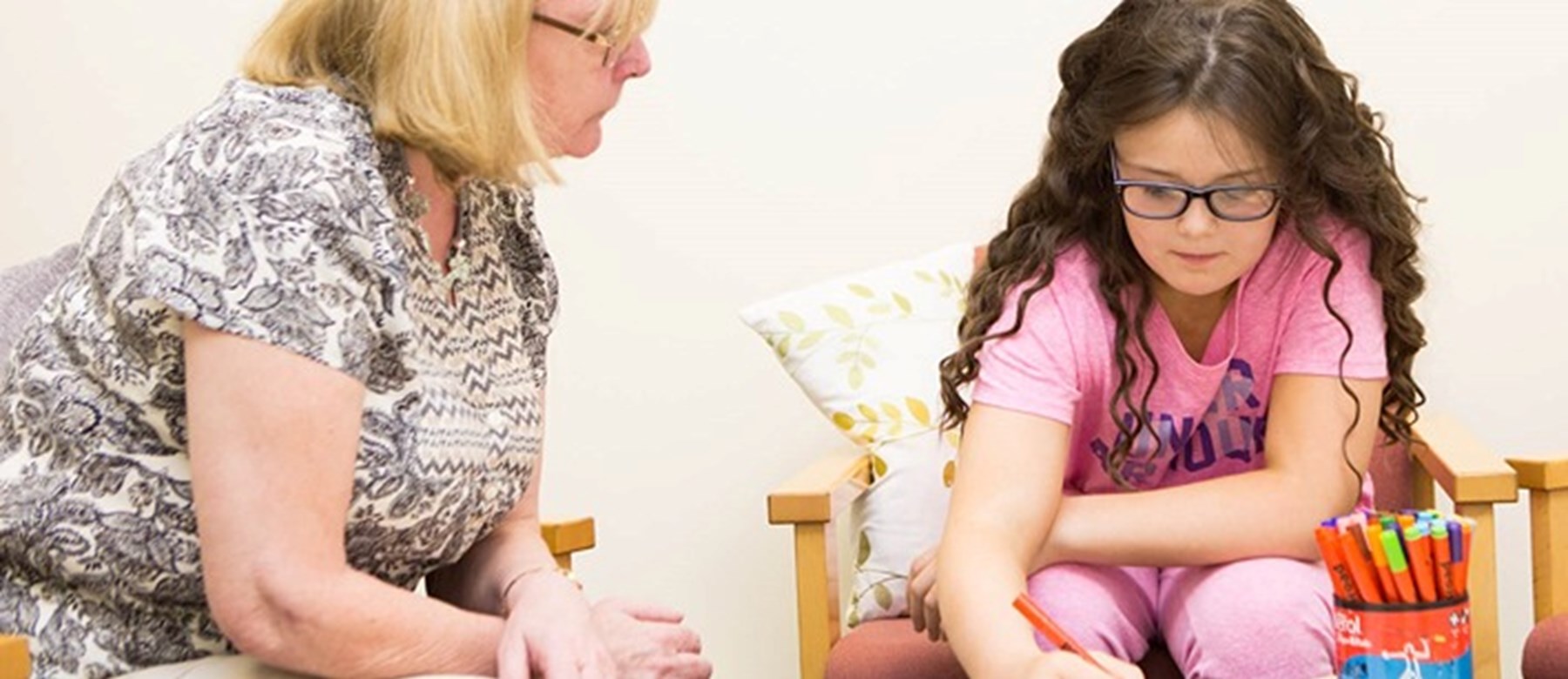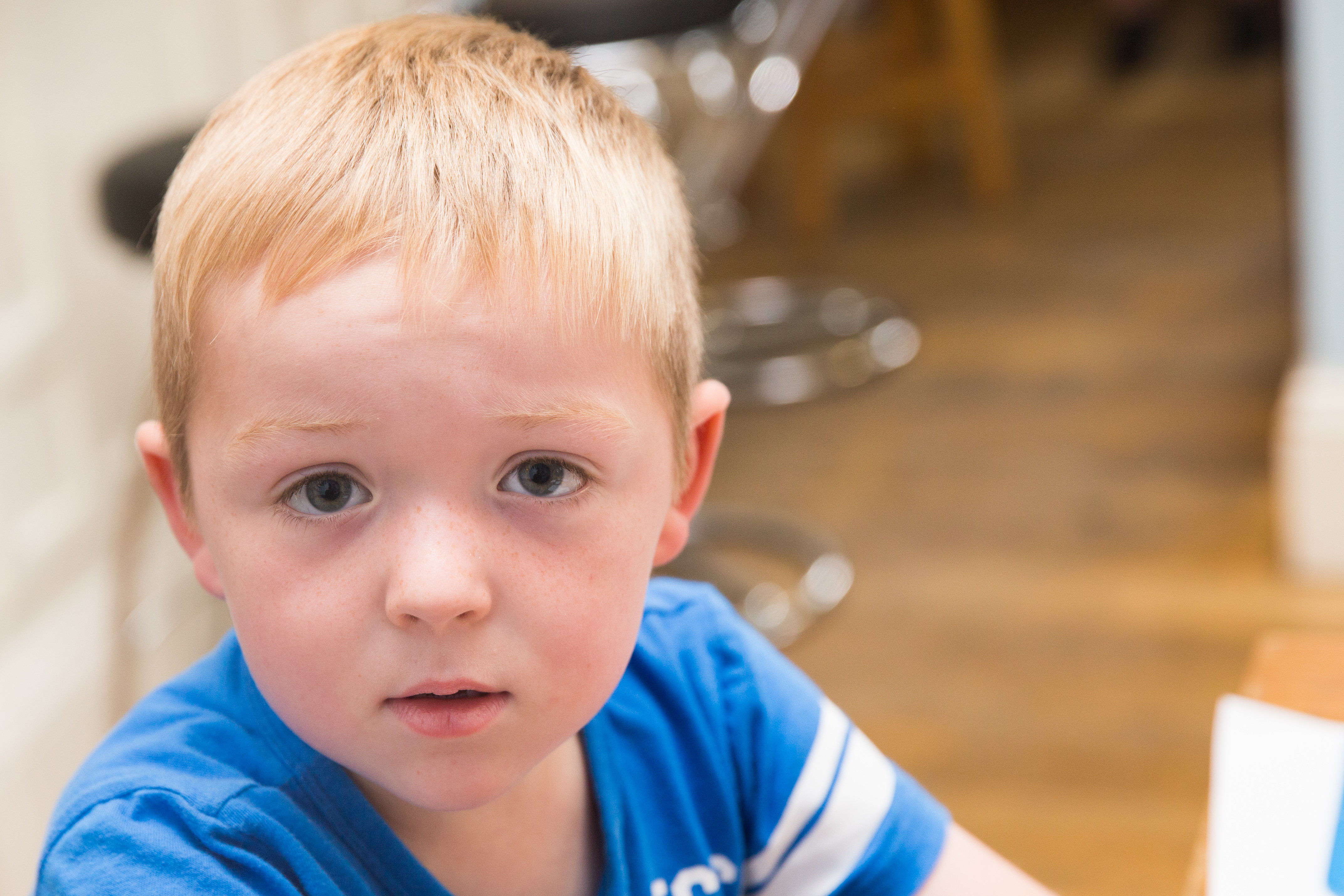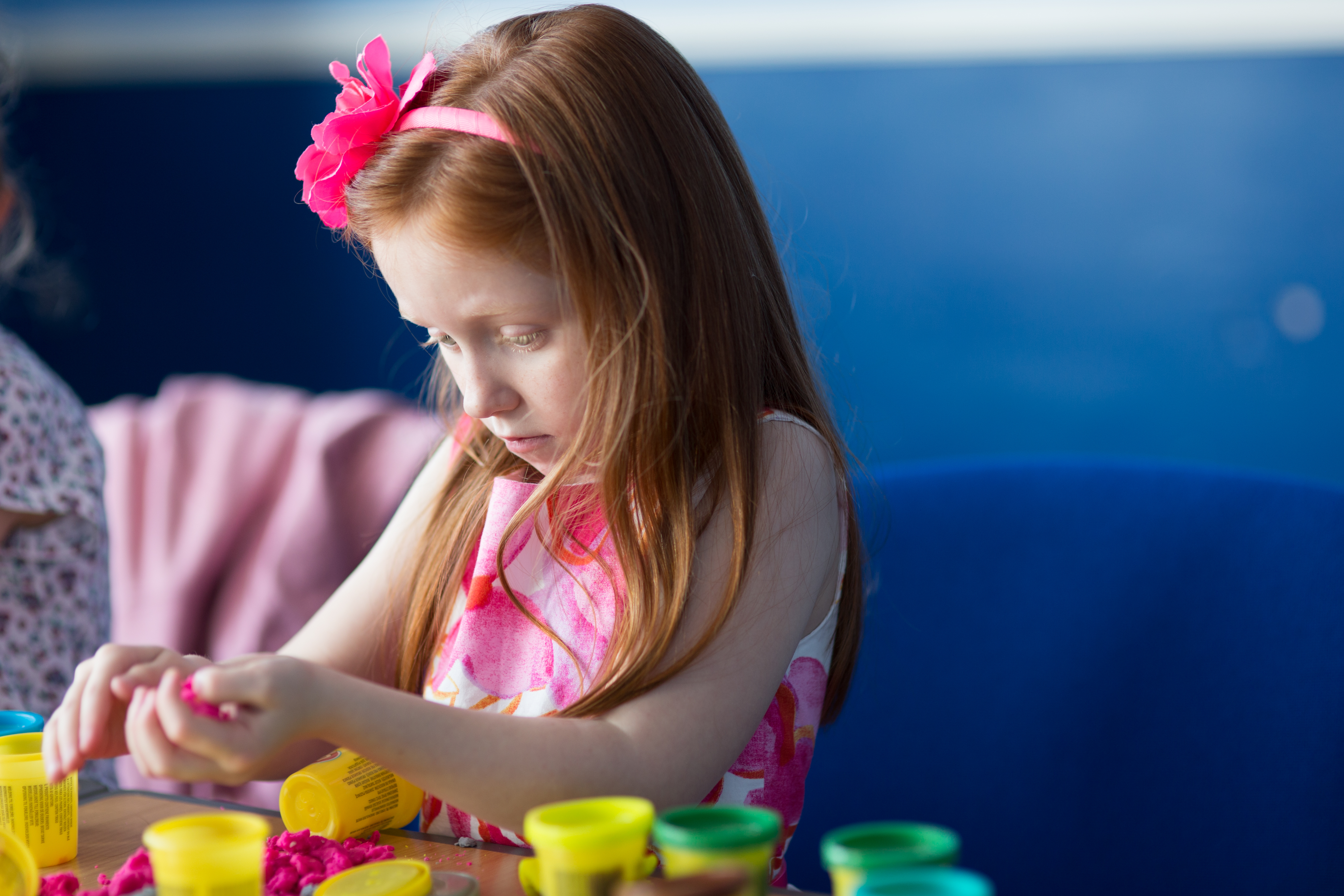
Help for Children and Young People
Children & young people will react in lots of different ways to their parents separating. It's important that parents are able to have what can be difficult conversations to reassure children. Part of that process includes parents & children learning and talking together to manage emotions as well as thinking about practicalities such as new family routines.
Children are usually impacted by separation and conflict, at least in the short term. Managing things well means they don’t suffer long term impacts.
It helps to understand how they are feeling and why they might behave in certain ways. Some useful information, videos and resources to help are available at:
- Helping Children through Separation
- Coping with Separation: A Guide for 6-12 year olds
- A Guide for Divorce and Separation: Young People's Mental Health
- My Family's Changing: Activity leaflet for children, packed full of activities and stories about other children in similar situations.
- My Family's Changing: Advice from other young people

It is normal for children to feel sad during this time and or most children, these feelings will get better over time. It's important that you monitor your children's well-being during this time. If there sadness becomes persistent then it may be a sign of depression.
What you can do
- It is always going to be hard to see your child upset but it is important to not minimise their feelings, they need to have the opportunity to feel the sadness.
- Speak to the school and let them know what is happening. The school may have counselling services or other sources of support for your children. If you are concerned about your childs mental health then you will also need to let your GP or other health care professional know like a family nurse of health visitor.

When children are angry they may:
- have increased emotional outbursts and says things like ‘I hate you‘ or blame you for the situation
- both of you for the situation
- throw tantrums
- withdraw from the family
- act up or play truant from school
- engage in risky or dangerous behaviours
- break rules, test limits and behave badly
What you can do
When your child is displaying this behaviour it is important to match this behaviour with love and understanding as well as being boundaried. You could try the following:
- Reassure them that while it is ok to feel these emotions but it is not ok to demonstrate aggressive or disrespectful behaviour.
- Tell them that you understand that this is a difficult time for them, schedule a time to talk so they can share how they feel.
- Clearly identify which behaviours are not acceptable (for example, hitting, being disrespectful and breaking things).
- Together with your child plan and write down other way they can express their anger such as keeping a diary, exercise or talking to another trusted adult.

Young children can think they have the ability to bring you both back together. When they think that they might start doing these things,
- develop physical symptoms like a tummy ache so you both have to help them together
- create events or reasons for you and your ex to have contact
- misbehave at school or home so that you and your ex have a common cause.
- promise to be good or be 'better'
Children need to know that they cannot fix or change what has happened to your relationship, they may feel that they are responsible. Being around fights and arguments between the parents increases that feeling.
Let your children know that the divorce or separation is not their fault. You may need to tell them this more than once. In the early stages, try to keep life predictable and consistent for your children. Try to avoid making significant changes and maintain regular routines and normal activities as much as possible.

